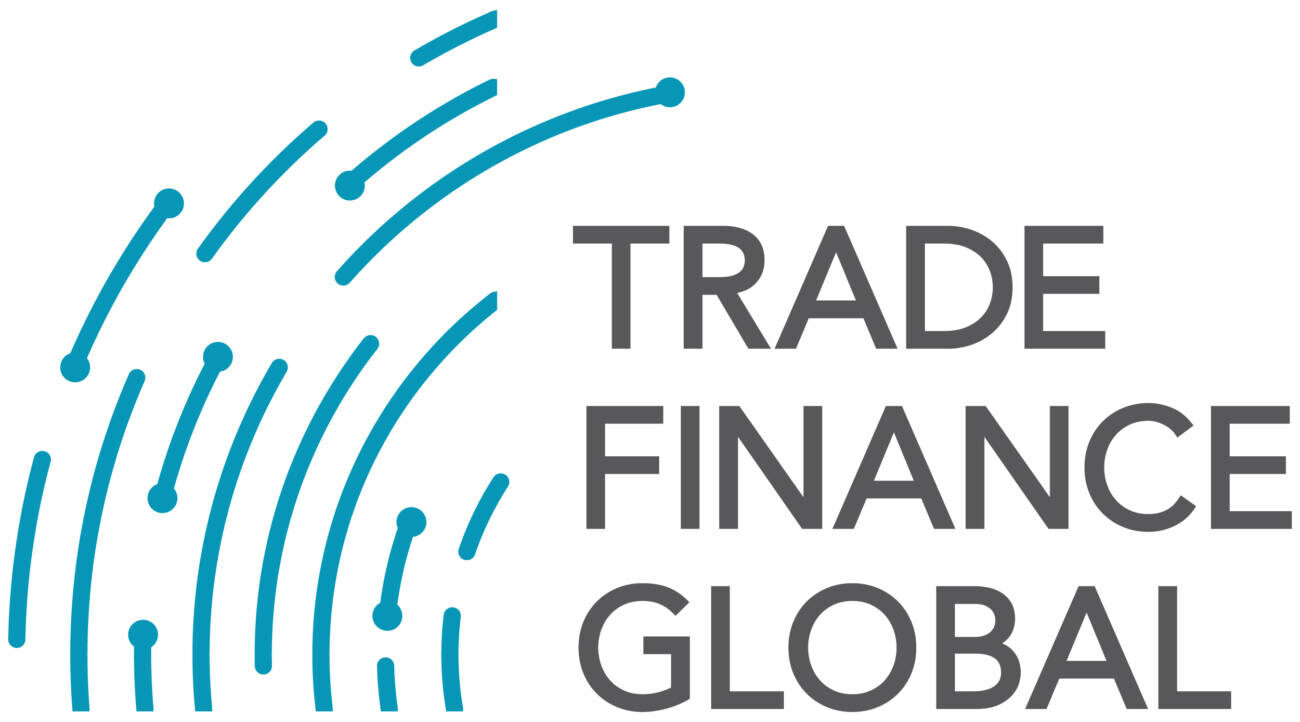Estimated reading time: 5 minutes
The ICC Digital Standards Initiative (DSI) has released the final output of its Key Trade Documents and Data Elements (KTDDE), which is intended to form the basis for achieving an integrated, harmonised, and digitised trade ecosystem.
To discuss the release of the KTDDE report, Pamela Mar, Managing Director of the ICC DSI, spoke with the Chair and Vice-Chair of the ICC DSI Industry Advisory Board (IAB), Stephan Wolf and Robert Beideman.
Launching the KTDDE Integrated Framework
Beideman said, “We know there’s this need for legislative and regulatory support and for industry convergence and engagement – and that’s already happening in some places. But there is also this need for adoption at scale.”
Recognising the need, the ICC DSI set out to create the KTDDE, to make it easier for firms to operate digitally using a common approach over 18 months ago.
Through this initiative, the ICC DSI began by identifying 36 documents that are vital to the broad spectrum of the international trade process. They then analysed these documents and broke them down and determined that these documents are all comprised of around 200 key data elements, approximately 50 of which are shared broadly across the documents.
Beideman added, “That was the breakthrough because it let us put this framework together in a way that anyone, no matter who they are, can pick it up, see themself in it, and understand their next steps.”
In addition to the KTDDE report – which presents a deeper dive into each of those documents, discussing standards, intended use, level of digital adoption, and the next steps – the ICC DSI has also released a glossary – which is an interactive piece that allows people to visualise any document and see where it is relevant across the trade journey.
The framework, which is live on the Cross Border Paperless Trade Database (a collaboration between the DSI and the UNESCAP), allows anyone to search for any document, data element, or stakeholder role, and determine the corresponding traceability map in the supply chain.
The KTDDE in practice
With a sound blueprint in place, the next step for the KTDDE is implementation.
The IAB plans to promote the adoption of the KTDDE by first consolidating existing computing standards into a foundational layer that facilitates machine-readable data, with the aim of embedding these standards in processes that span multiple platforms and borders.
Wolf said, “I was really happy with the work that the team conducted because they looked into all the standards and sometimes even found competing standards. When that happens, someone has to make a recommendation on how to deal with that.”
Reconciling competing standards has been one area where previous digital adoption efforts have fallen short, however, the IAB aims to improve on these ill-fated previous efforts by creating practical integrations through collaboration.
This is why the board is exploring ways to improve adoption by working with software and ERP vendors to allow for better integration of industry standards into corporate systems and products.
One area of particular interest right now is how to manage trust within the ecosystem.
Implementing digital trust at scale
Transitioning from paper to digital means reestablishing what it means to trust a document.
Beideman said, “For all of its downsides, paper is generally very trusted. It has stamps on it and signatures and all kinds of other stuff that conveys trust when you share it from me to you.
“How do you replicate that in the digital world? That’s the essence of what we’re talking about because legislation, regulations, and companies themselves all have to get comfortable with new ways of conveying trust between parties, and hopefully do that in increasingly consistent ways globally.”
The ICC DSI and the IAB are enhancing trust in the digital trade ecosystem by developing robust digital identity systems and implementing digital signatures to authenticate message origins and content integrity.
The DSI’s “Trust in Trade” document, released last year, advocates a ‘zero trust’ approach.
Wolf said, “When trying to figure out how to build a trustworthy environment, ironically enough, we came to the conclusion that zero trust is the answer. You should not trust it. You should be able to verify every single time.”
This zero-trust approach emphasises the need for constant verification using modern technology and standards, ensuring that all parties in the supply chain can securely share, verify, and authenticate data, thereby maintaining trust in digital interactions.
